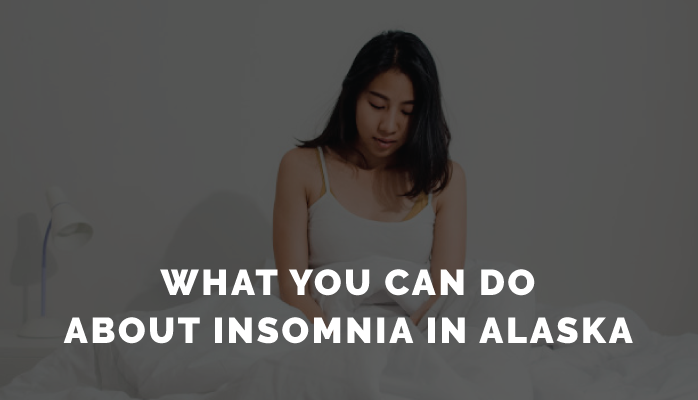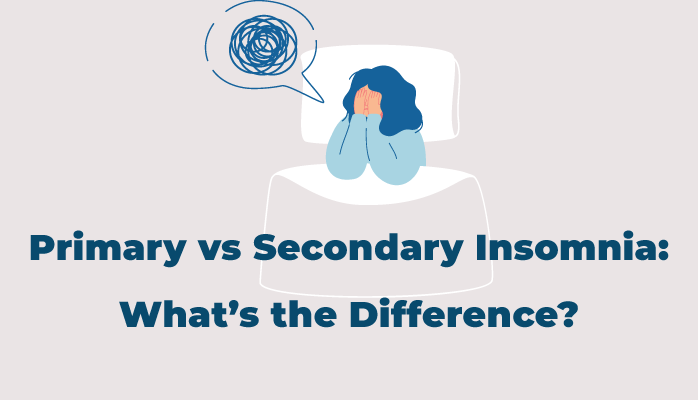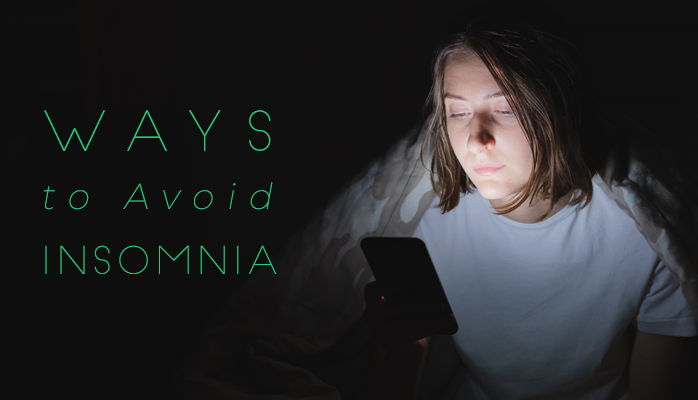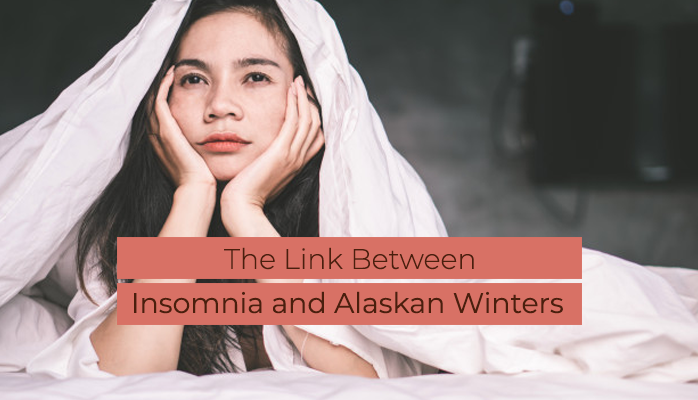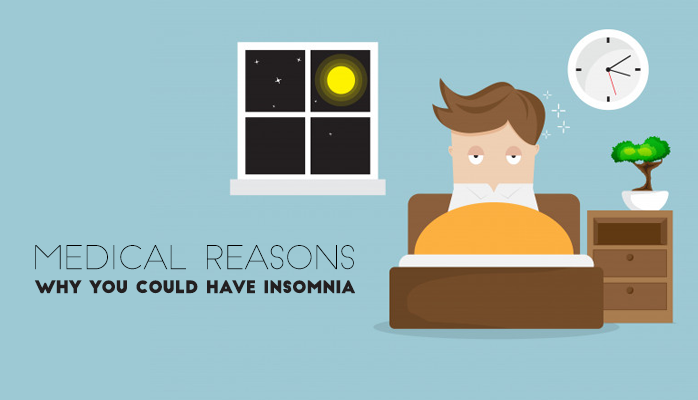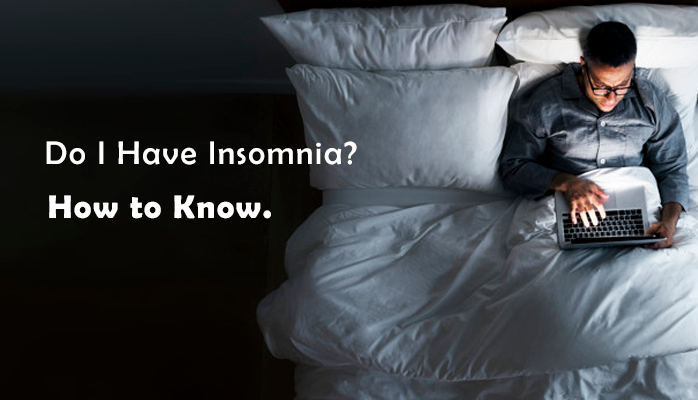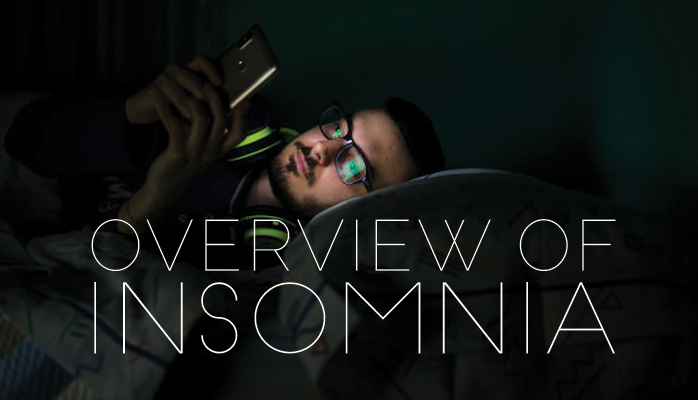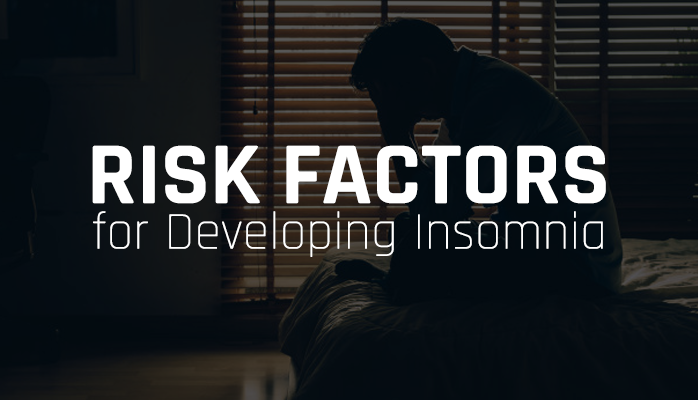Why Light Extremes Can Cause or Worsen Insomnia
For those living in Alaska, it’s no secret that we are operating under “unique” circumstances in summer and winter, either a lot of sunlight or a lot of darkness respectively. Though it might seem counter intuitive, the amount of excess darkness, which is significant in the Southeast and oppressive in the Far North, actually makes sleep more difficult for many people.
Why?
The excess darkness is extremely disruptive. It disrupts your ability to get daylight and to be physically active. It can also disrupt your hormone levels. The result: there are many ways for your circadian rhythm to be affected.

